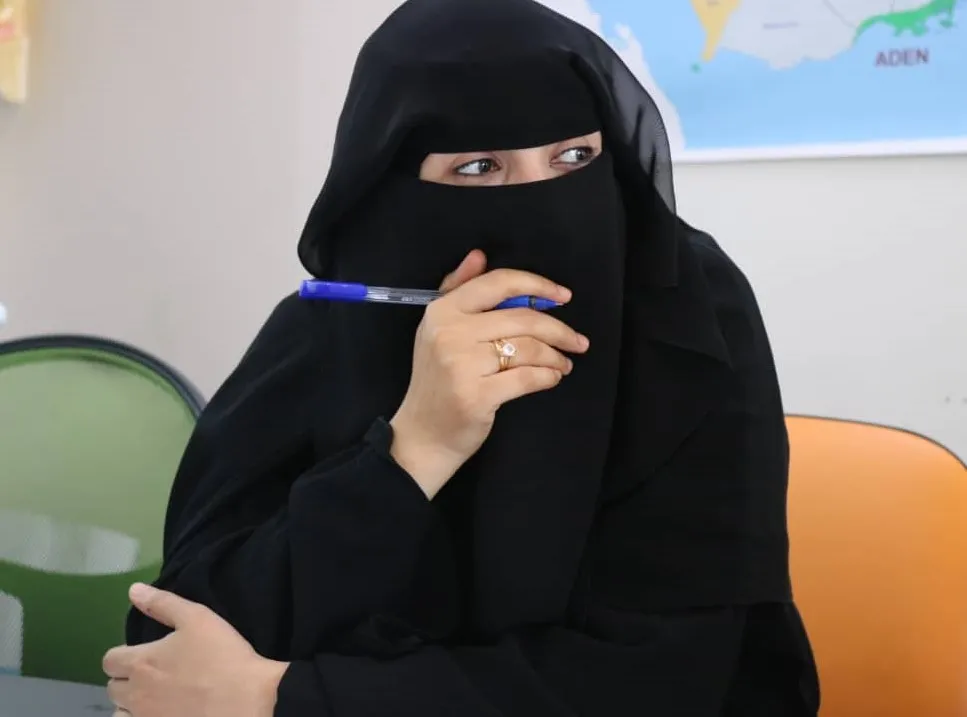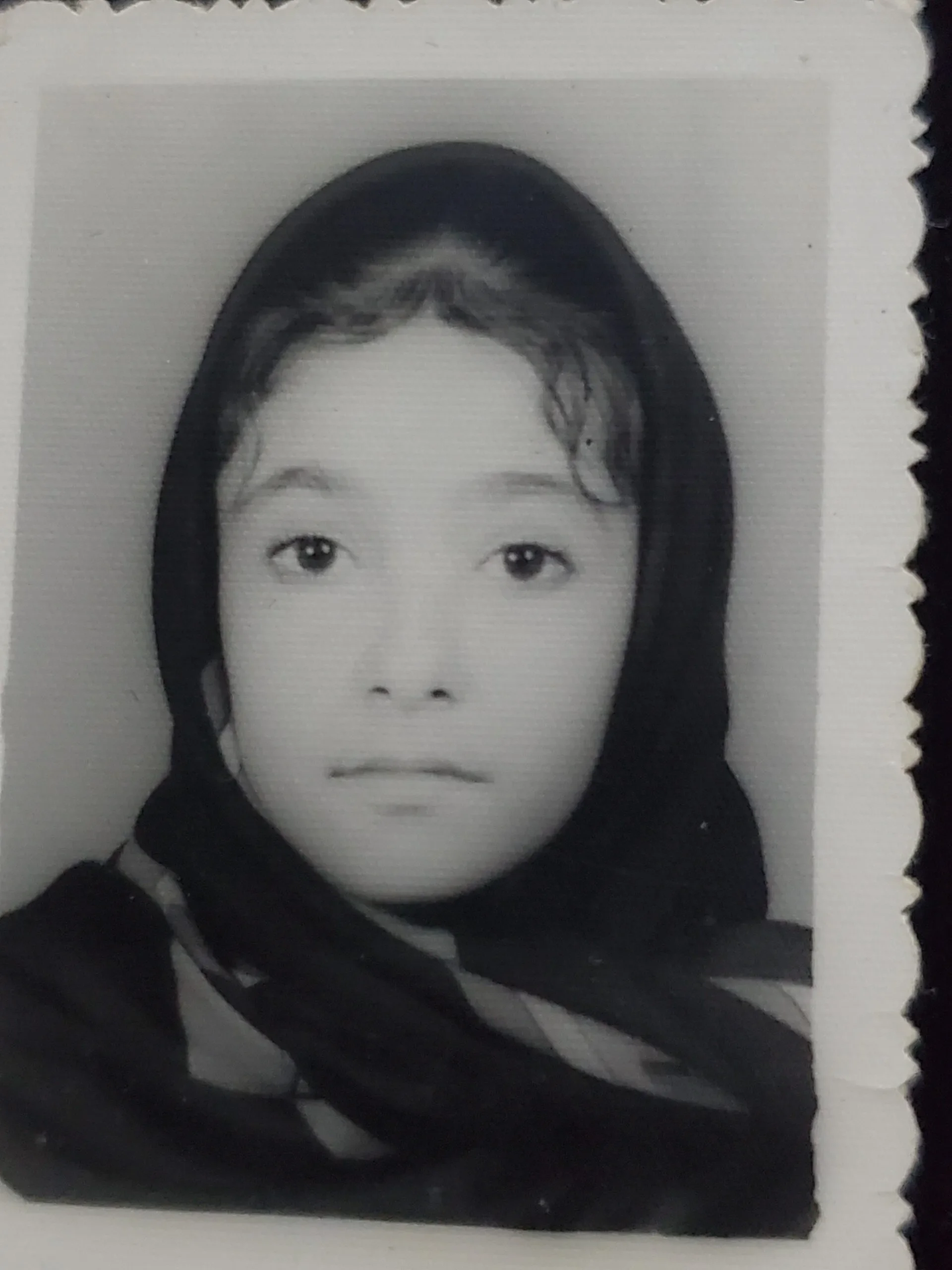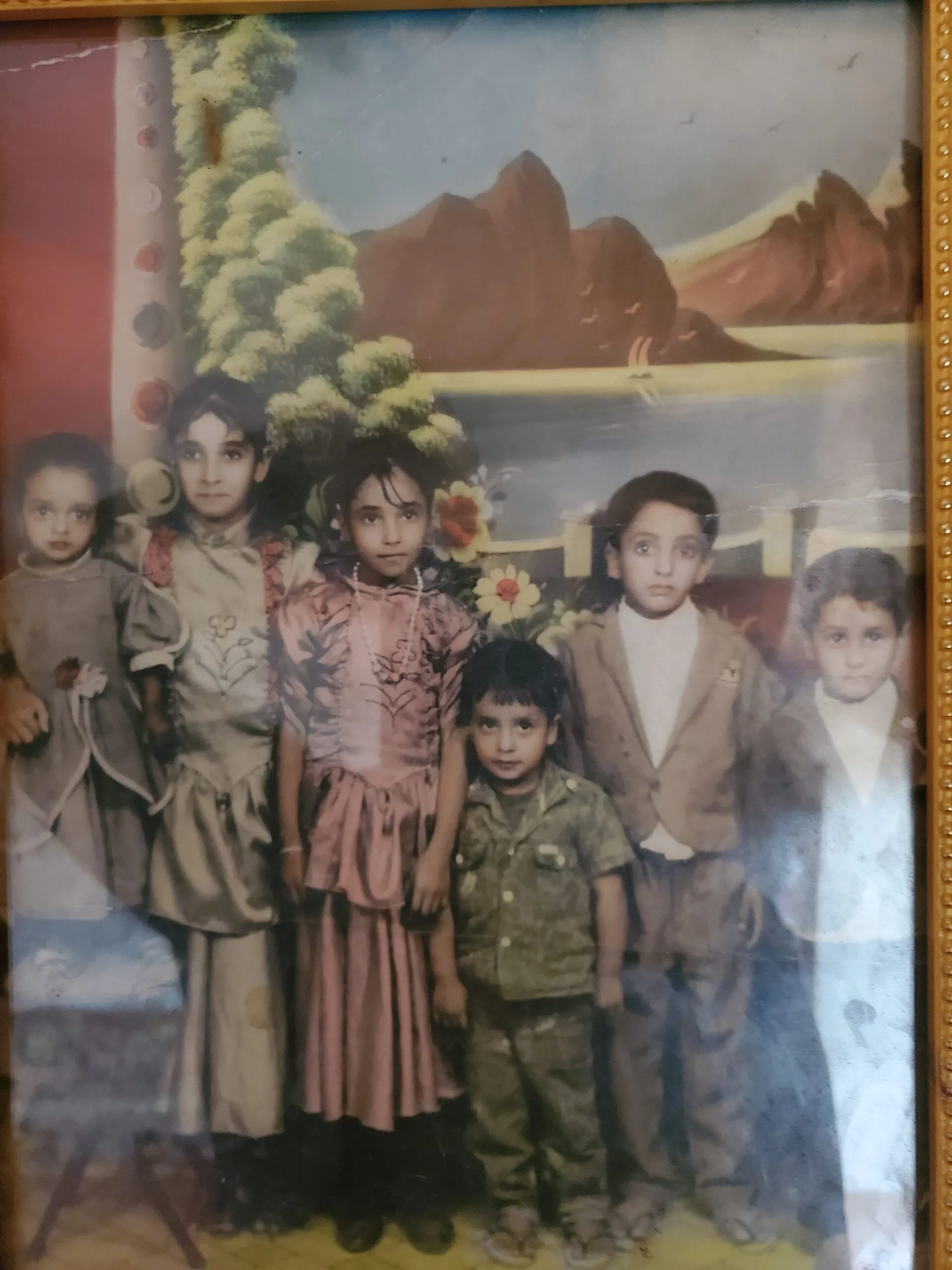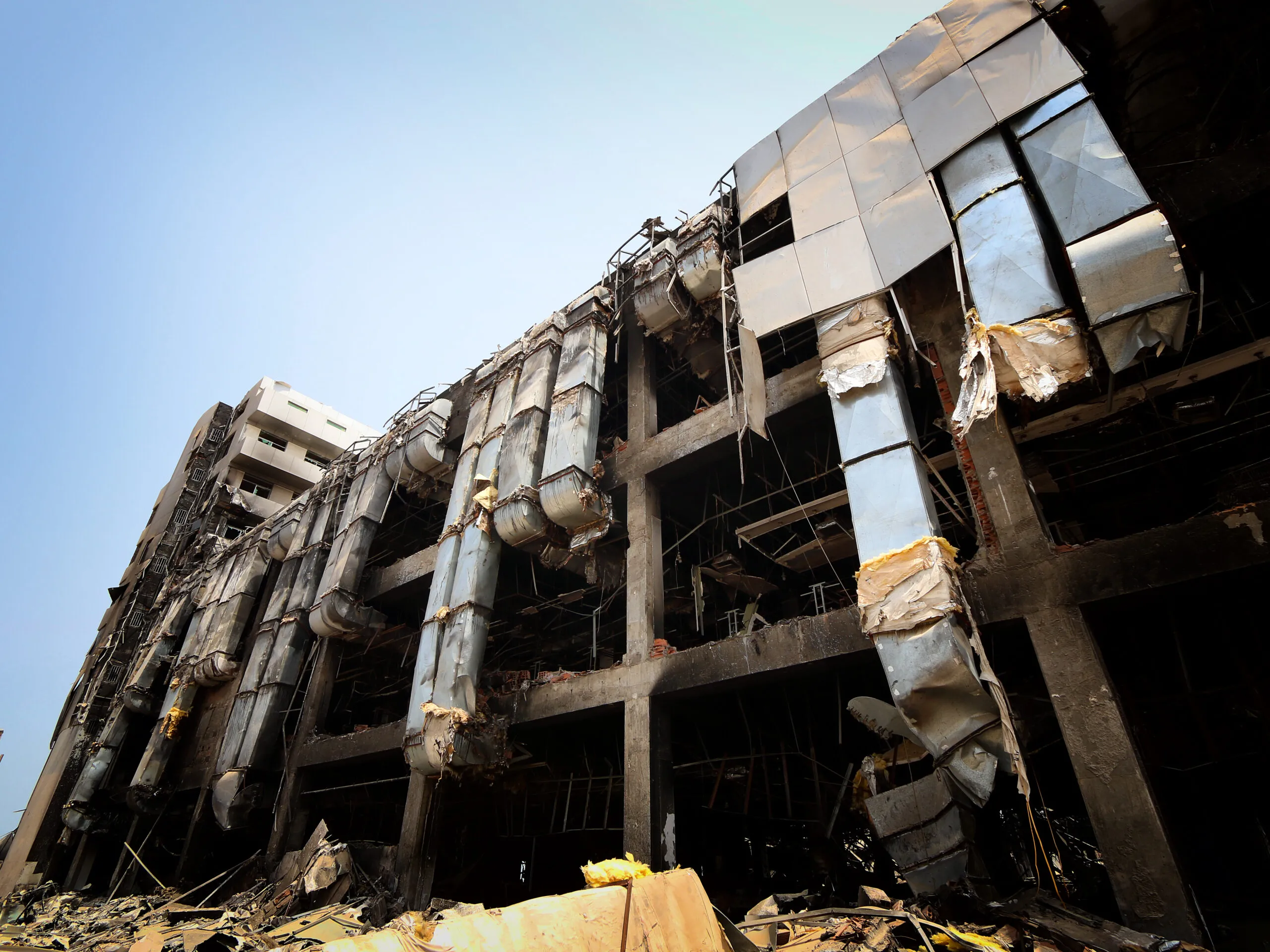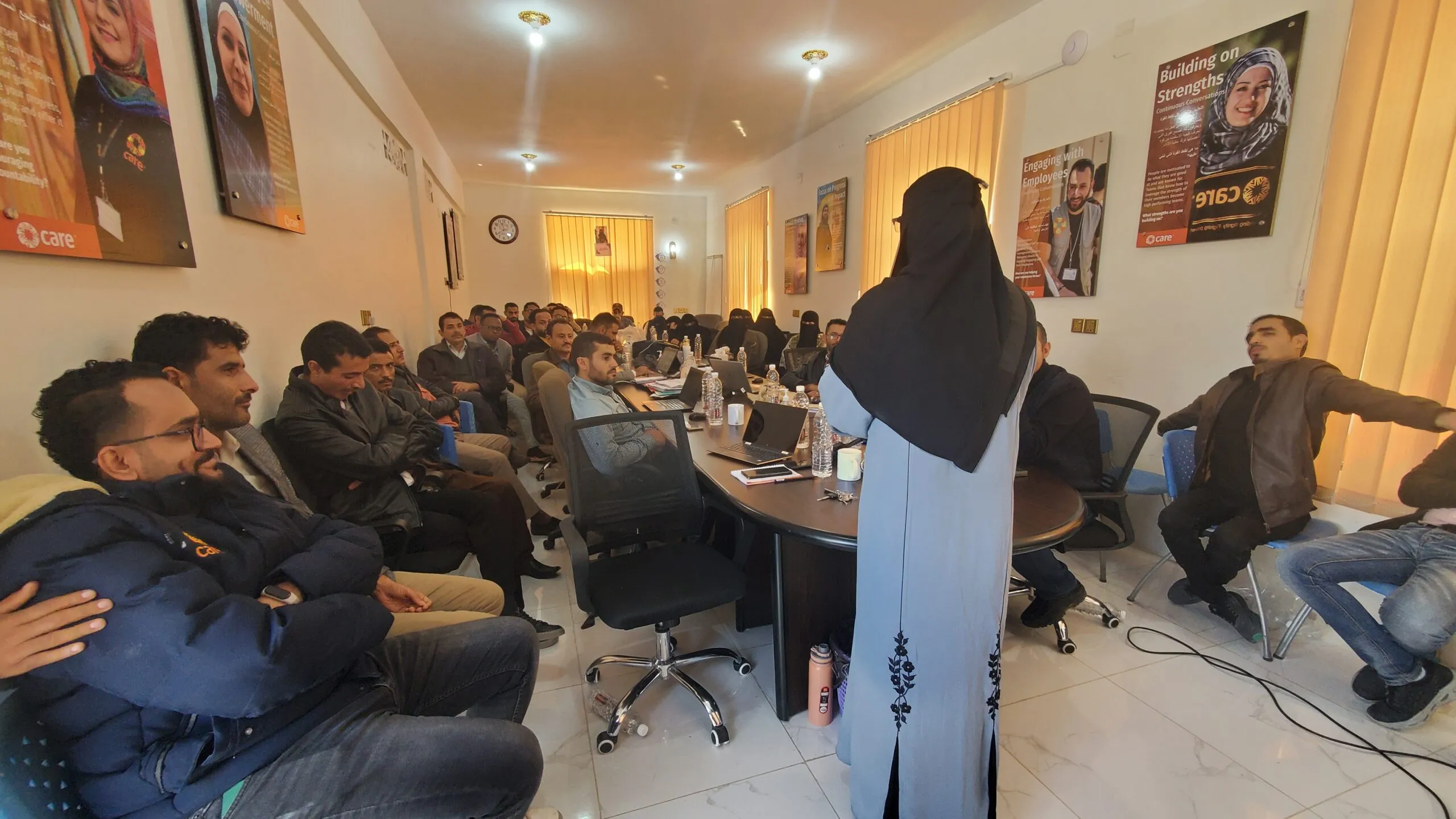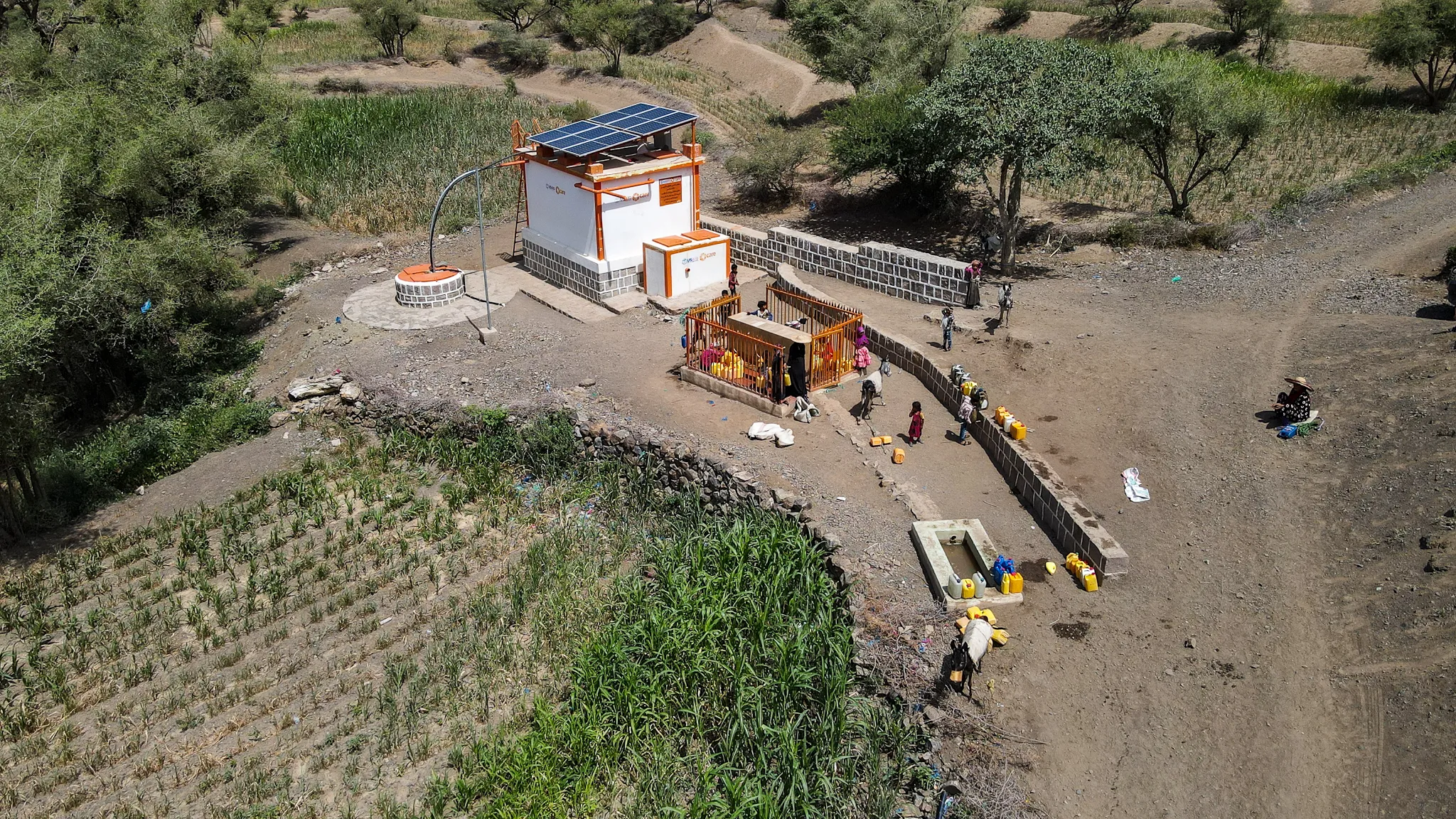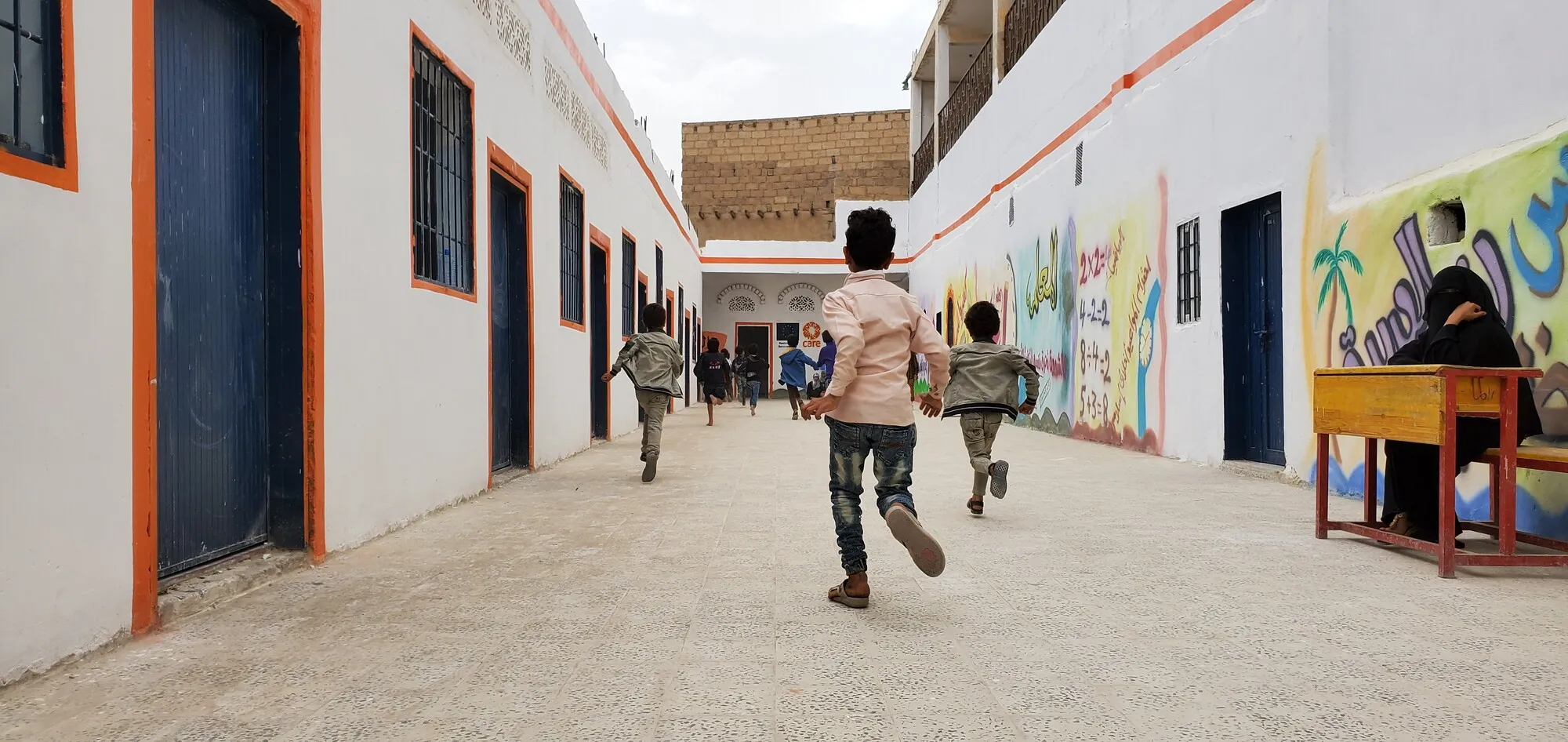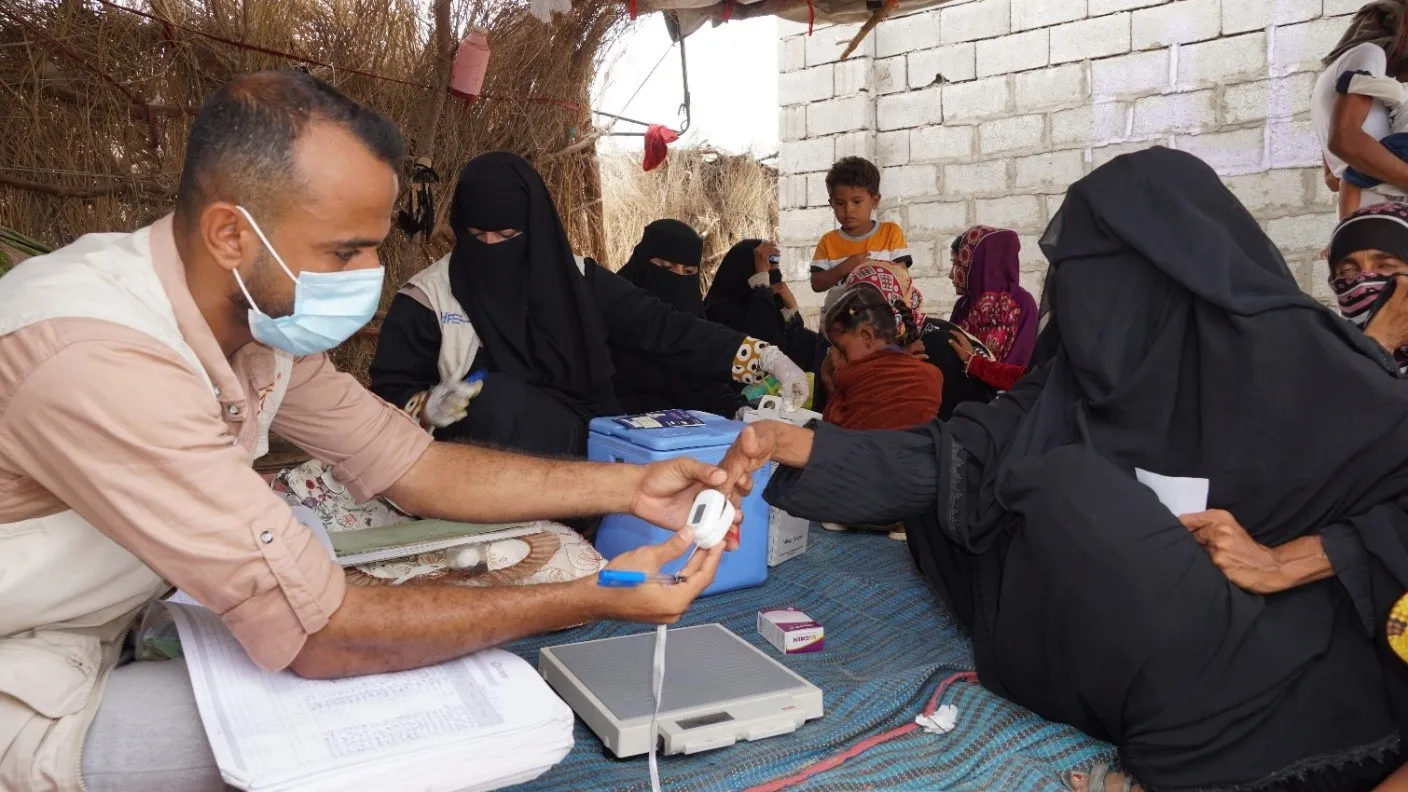During one of my field visits to a place called Hodaidah, an elderly lady grabbed me by the hand to show me her new shop, which was a part of a market that CARE had helped construct. While showing me her vegetables she said “you deserve to be protected; you have changed my life.”
I feel blessed indeed.
CARE has distributed food, cash, and vouchers to 1.4 million people to help them access food, cash, and agriculture assistance. CARE has also supported women’s economic empowerment by improving access to financial means, equipment, technical advice and training to set up small businesses.
Education is another area of concern in Yemen — and for CARE. Many children — especially girls — were already out-of-schools before the war, as many people failed to realize the importance of education.
Girls had to take care of all domestic chores and fetch water from distant places that left them with hardly any time to attend school. The situation further exacerbated given the conflict as many educational institutions got fully or partially damaged.
Nearly 8.5 million children require educational support across Yemen, and last year the education sector received only 12% of the funding required.
The health sector in Yemen needs immediate attention as well. Due to lack of proper facility and services, people are deprived of quality and timely medical assistance.
In the areas where I work, CARE is trying to help reduce the spread of common preventable diseases e.g. cholera, and diarrhea through water, sanitation and hygiene promotion activities, distribution of hygiene kits and cash transfers to address the most urgent needs of people.

